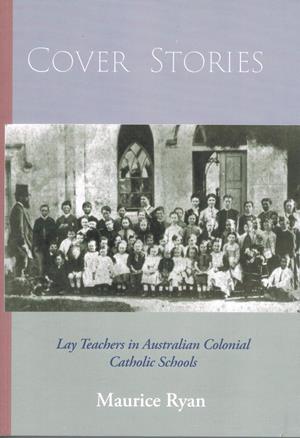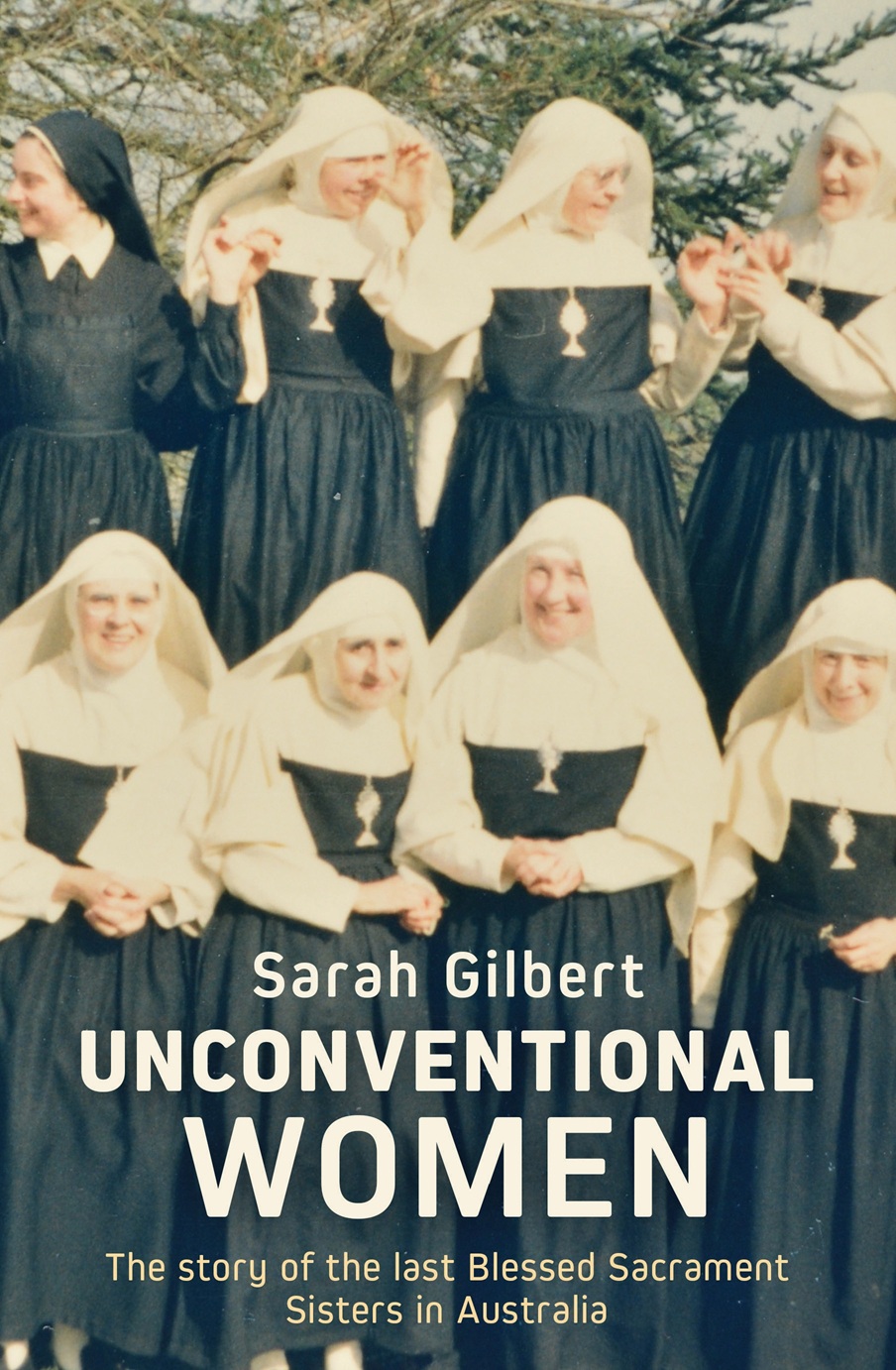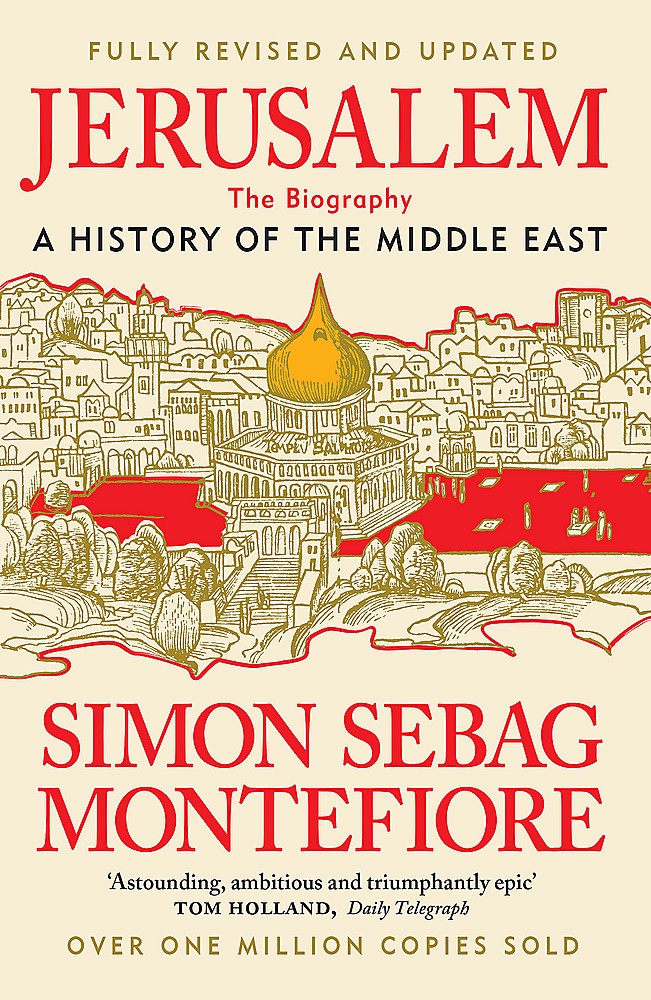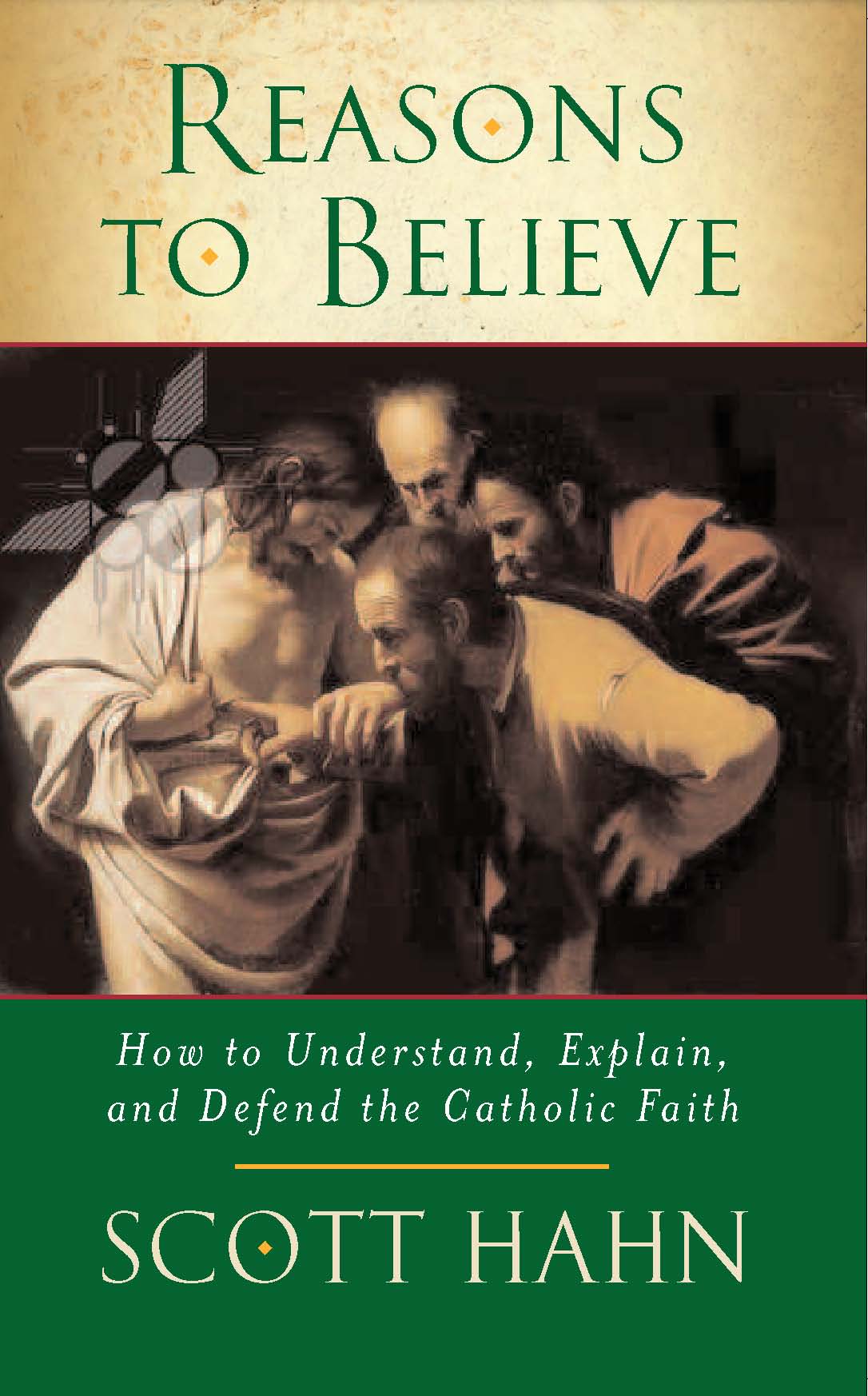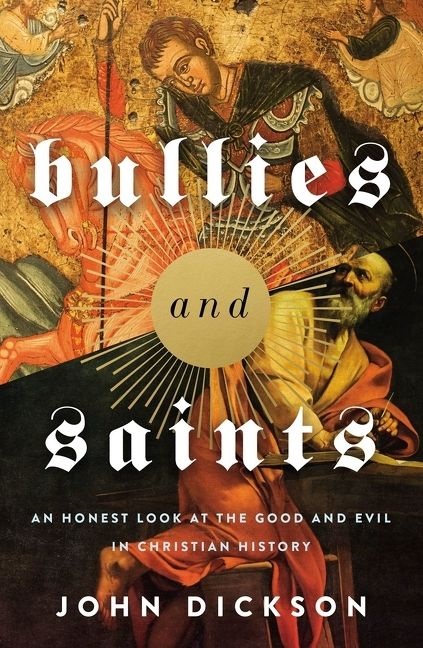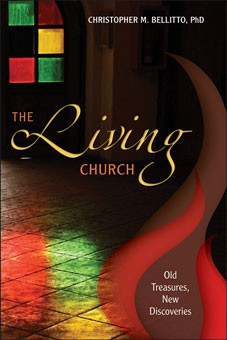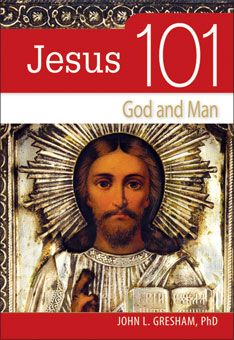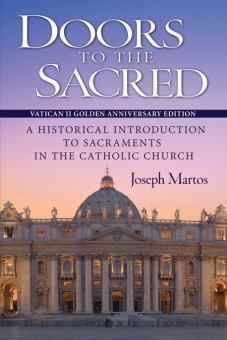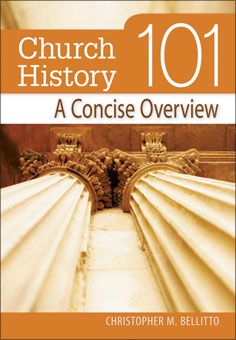Few people know that in the face of his execution, the notorious Rudolf Höss, the Commandant for Auschwitz, met with a Polish Jesuit priest, Fr. Wladyslaw Lohn. Höss made a confession to Fr. Lohn for approximately four hours, and from Fr. Lohn he received communion. This compelling account of a secret and sacramental meeting not only tells what happened, but offers what amounts to either a critical challenge to, or celebration of, Christian notions of forgiveness.
We have access to Höss’s confession by way of selections from his published memoirs. Fr. Lohn said almost nothing about his encounter and certainly nothing about the confession itself. In addition to writing a thorough introduction to this encounter, in order to contemplate the priest’s thoughts, James Bernauer has composed a work of imagination, a diary of how this Jesuit might have scrutinized this meeting. Bernauer’s hope is that, in addition to giving a sense of a historical encounter, the reader will perform their own imaginative reflection on the issues. Throughout the work, the limitations on religious absolution of sin are heightened by recall of alternative Christian practices (historical and contemporary), as well as Dietrich Bonhoeffer’s warnings about “cheap grace.”
James Bernauer, SJ, is Emeritus Kraft Family Professor at Boston College where he was in the Philosophy Department. He was also director of the Center for Christian-Jewish Learning. His fields of interest include Holocaust Studies, German Jewry, and the philosophies of Michel Foucault and Hannah Arendt. He has published many essays for many volumes including “A Catholic Conversation with Hannah Arendt” in Friends on the Way: Jesuits Encounter Contemporary Judaism and “Philosophizing after the Holocaust” for Jesuit Postmodern: Scholarship, Vocation, and Identity in the 21st Century.

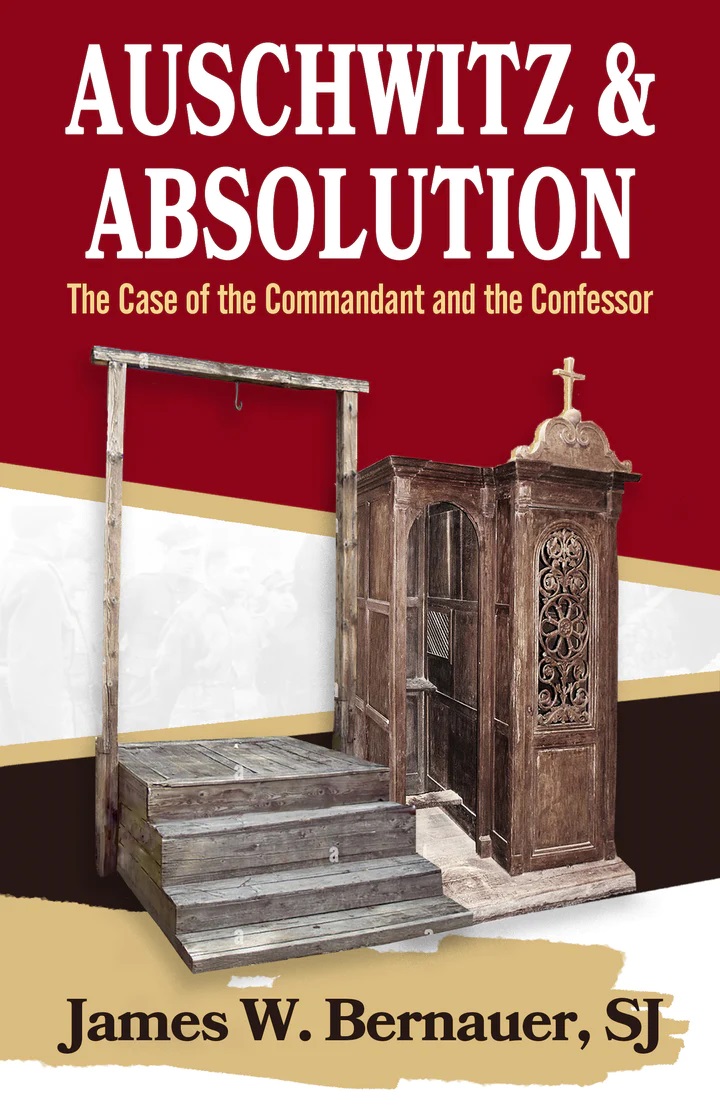
 Back
Back
